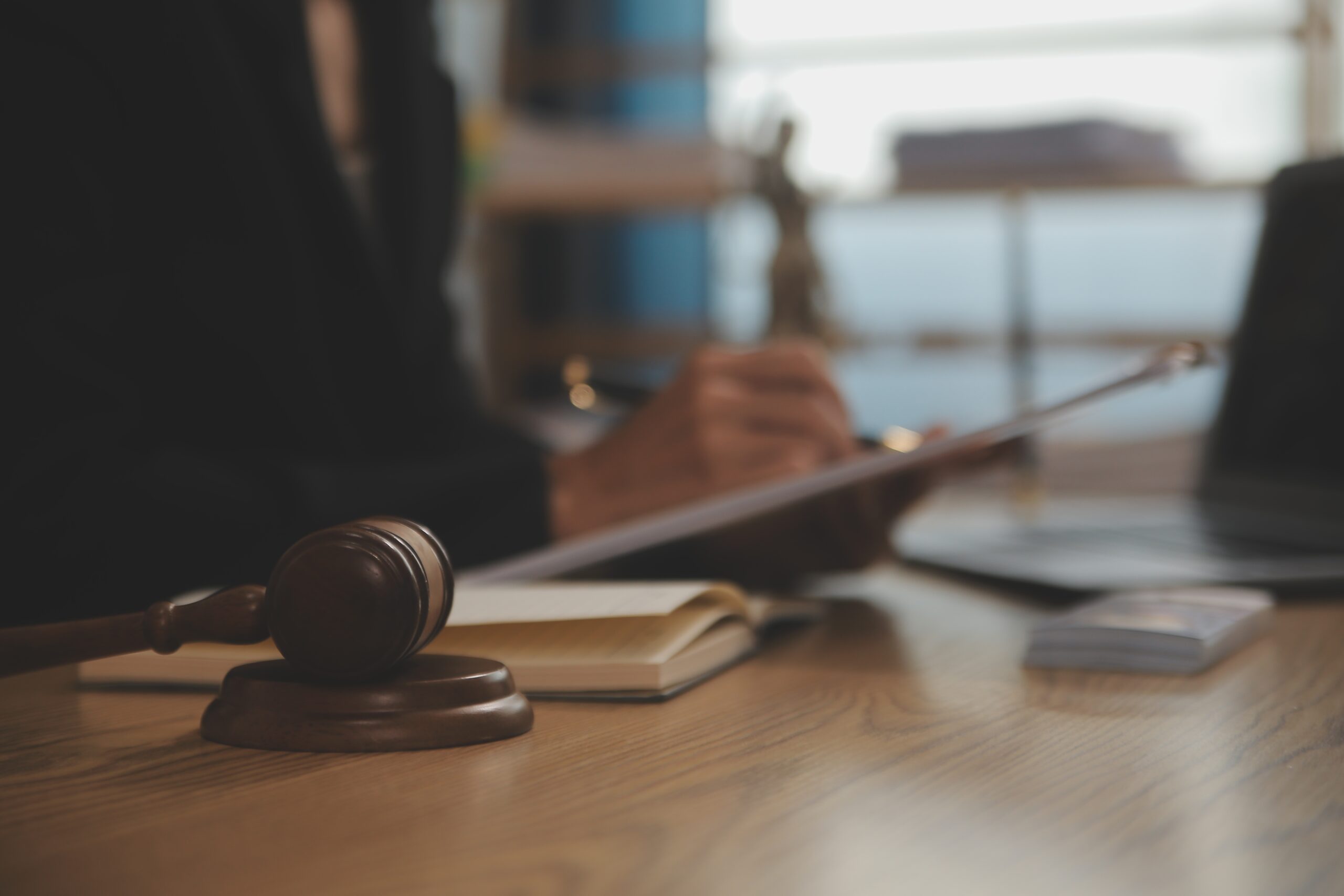Second Circuit: “Continuing Violation” Doctrine Applies in Determining Applicability of Ending Forced Arbitration Act to Sexual Harassment-Related Hostile Work Environment Claim
By Gregory P. Feit
Our Firm has previously reported (here and here) on the Ending Forced Arbitration of Sexual Assault and Sexual Harassment Act of 2021 (“EFAA”; 9 U.S.C. §§ 401-402), which invalidates and renders unenforceable, at the election of a complainant, pre-dispute arbitration agreements in cases relating to sexual assault and sexual harassment. By its terms, the EFAA applies “with respect to any dispute or claim that arises or accrues on or after the date of enactment of this Act”—i.e., March 3, 2022 (the “Effective Date”).
Earlier this week, in Olivieri v. Stifel, Nicolaus & Co., the United States Court of Appeals for the Second Circuit answered whether a retaliatory hostile work environment claim relating to sexual harassment that is filed before March 2022 may be deemed to accrue post-EFAA, under the so-called “continuing violation” doctrine, when that hostile work environment is alleged to have continued through and past the EFAA’s enactment. According to the court, the EFAA applies in such cases because the ongoing hostile work environment claim is deemed to accrue (or rather, reaccrue) after the Effective Date.
Factual & Procedural Background
In Olivieri, the plaintiff sued her employer in 2021 and later named certain of her supervisors as additional defendants, alleging that her direct manager had sexually assaulted and sexually harassed her, and that the defendants had subjected her to a retaliatory hostile work environment, in violation of Title VII of the Civil Rights Act of 1964 and the New York State Human Rights Law, after she reported her manager to the company.
Defendants moved to compel arbitration of Olivieri’s claims, citing an arbitration provision in her employment agreement. Congress then passed the EFAA. Olivieri, who continued to work for her employer, then filed a further amended complaint, updating her allegations and asserting that she continued to suffer a retaliatory hostile work environment.
The district court ultimately determined that Olivieri’s hostile work environment claims constituted ongoing claims subject to the continuing violation doctrine, such that accrual of those claims should be deemed to occur after the Effective Date, and hence that the EFAA applied and the arbitration clause was unenforceable to her case.
The Second Circuit’s Affirmance
On appeal, the defendants argued that Olivieri’s hostile work environment claims accrued prior to the Effective Date, and that the EFAA therefore did not apply.
The court, however, after discussing applicable legal principles, rejected defendants’ arguments.
The Second Circuit explained that the timing of a claim’s accrual depends on the law applicable to the type of claim involved. Accrual generally means the time at which the governing statute of limitations period begins to run, which is, in turn, generally when the plaintiff can file suit and obtain relief on the claim in question.
That, in turn, depends on the nature of the claim at issue. Many causes of action arise when the defendant commits the injurious act, but some “accrue serially: they accrue (and reaccrue) pursuant to the continuation violation doctrine.” In other words, such claims consist of a series of acts, and they accrue again and again “with each successive act that is part of the singular unlawful practice.”
Hostile work environment claims, which almost always inherently involve repeated conduct (over a series of days, weeks, months, or years), are subject to the continuing violation doctrine. Consequently, such claims do not accrue, for purposes of statutes of limitations, until the final act that furthers the hostile work environment.
In light of these principles, the Second Circuit rejected defendants’ arguments for arbitration. First, the Second Circuit found it irrelevant that Olivieri’s claim had first accrued before the EFAA’s Effective Date. Because hostile work environment claims involve successive acts, they reaccrue with each new act that was part of the unitary, continuing course of underlying conduct. And if Congress had wanted to limit application of the EFAA only to claims that first accrued after the Effective Date, it could have easily done so.
Second, this favored interpretation of “accrual” has an established legal meaning, which is not inconsistent with its ordinary public meaning. And the presumption that Congress intended this meaning was particularly apt in Olivieri’s case, because the EFAA applies to sexual harassment claims, “which are prototypical hostile work environment claims.”
Third, no “absurd result” would obtain by concluding that a claim may accrue both before the Effective Date and after. Hostile work environment claims, as the U.S. Supreme Court has held, accrue in precisely that manner. And even if there were any public policy considerations militating against this interpretation, those concerns cannot defeat the best construction of the statutory text.
Fourth, applying the EFAA to Olivieri’s claims would not impermissibly give the statute retroactive effect. In light of the ongoing nature of hostile work environment claims, applying the EFAA to post-Effective Date acts is not truly retroactive. And even if application to pre-Effective Date conduct could be considered retroactive, Congress had sufficiently made clear that the Act applies to continuing claims that very well might involve pre-EFAA conduct.
Finally, the court stated that retaliation for reporting sexual harassment is covered by the EFAA’s definition of a “sexual harassment dispute,” because such retaliation is (as defined in the EFAA) “relat[ed] to conduct that is alleged to constitute sexual harassment.”
Accordingly, the court held that Olivieri’s case includes claims subject to the EFAA and that her case had to remain in federal court (i.e., could not be compelled to arbitration).
* * *
The Second Circuit’s Olivieri decision provides clarity to plaintiffs and defendants in sexual harassment cases: when a hostile work environment claim is asserted and at least one alleged wrongful act in the series of acts making up the hostile work environment occurred on or after March 3, 2022, the EFAA applies to the case and, at the election of the plaintiff, pre-dispute arbitration agreements are invalid and unenforceable in the case.
 This article is intended as a general discussion of these issues only and is not to be considered legal advice or relied upon. For more information, please contact RPJ Attorney Gregory Feit who counsels clients on employment law, litigation, arbitration, negotiation, and trial advocacy. Mr. Feit is admitted to practice in New York.
This article is intended as a general discussion of these issues only and is not to be considered legal advice or relied upon. For more information, please contact RPJ Attorney Gregory Feit who counsels clients on employment law, litigation, arbitration, negotiation, and trial advocacy. Mr. Feit is admitted to practice in New York.

